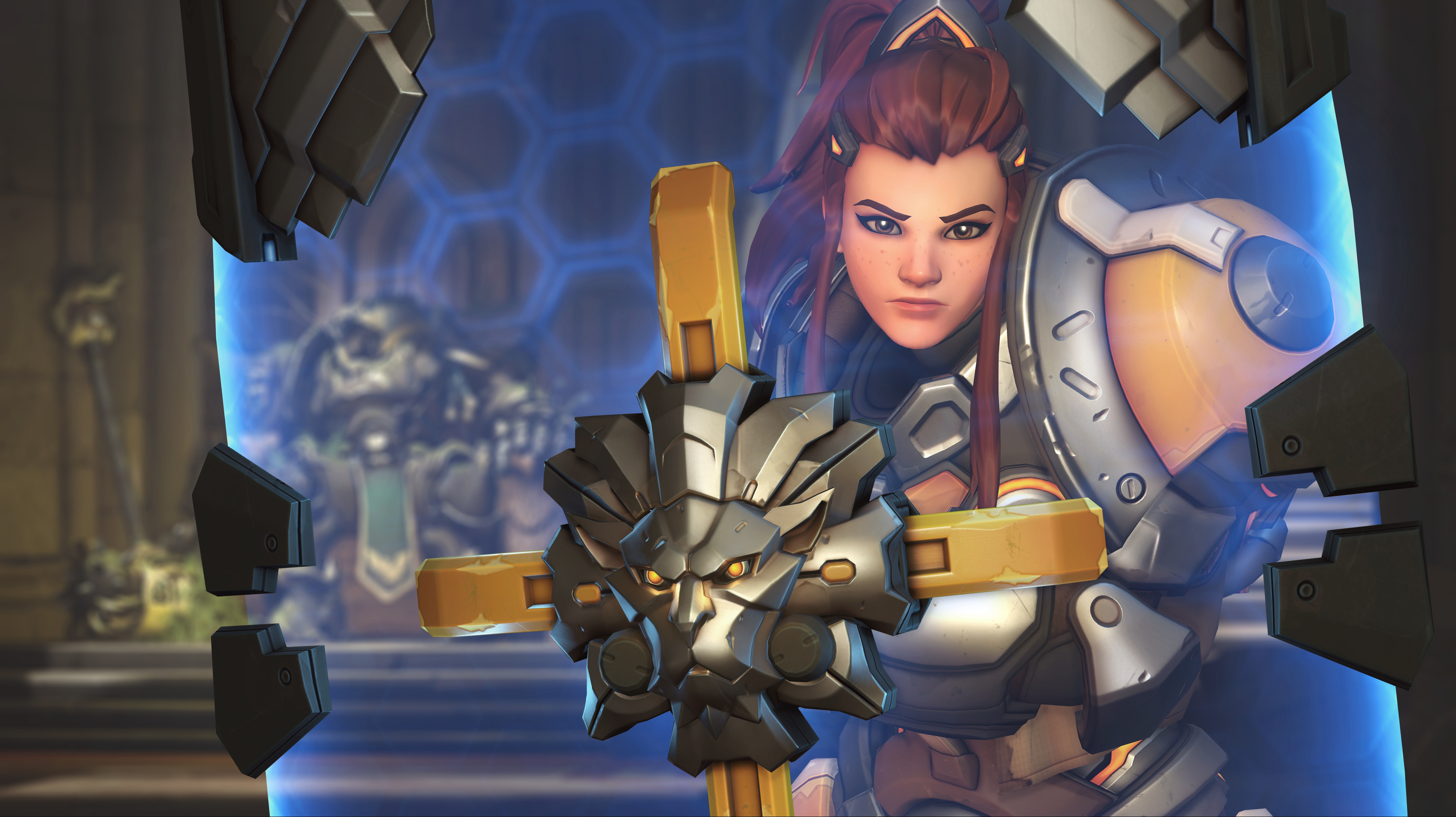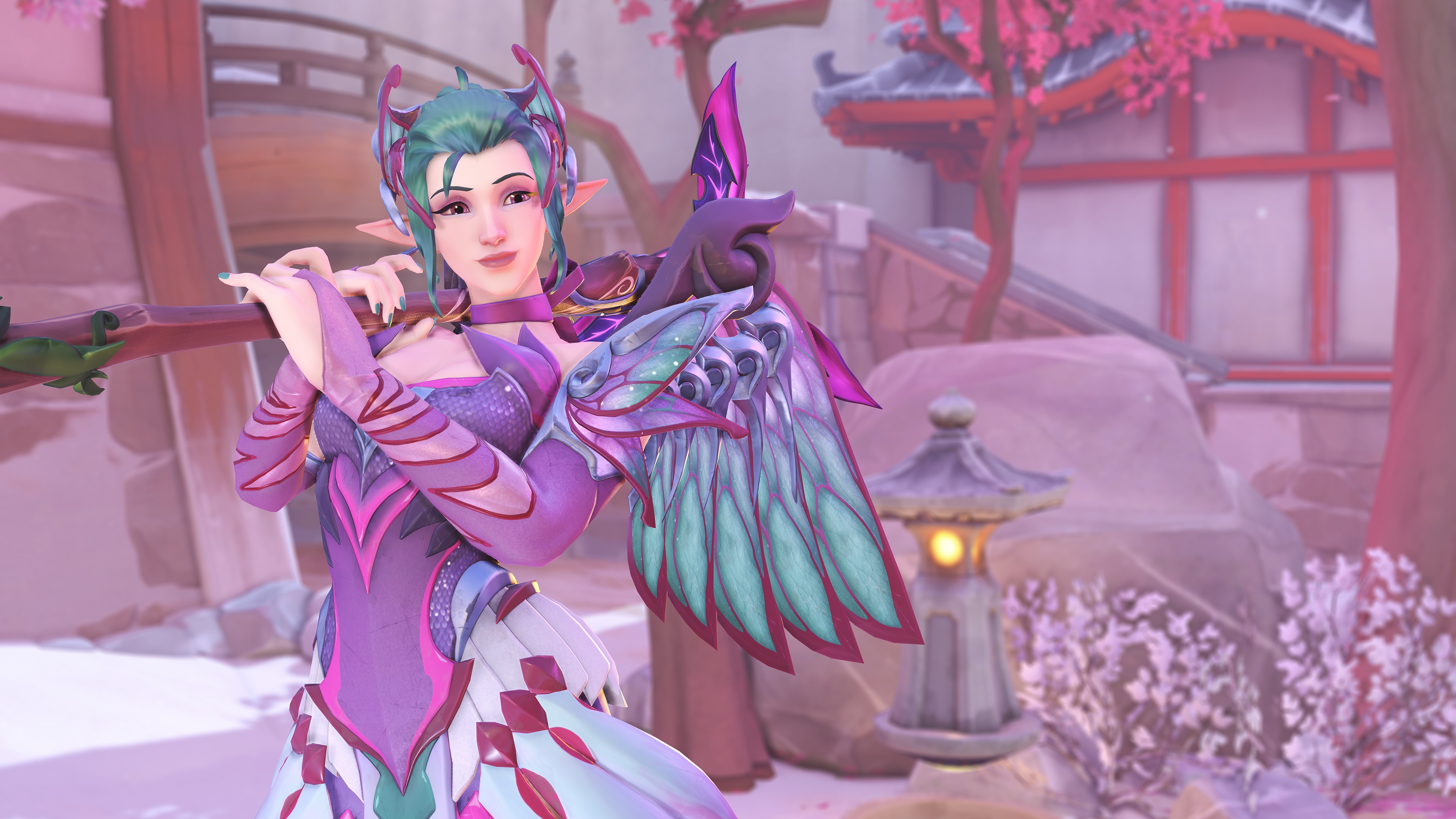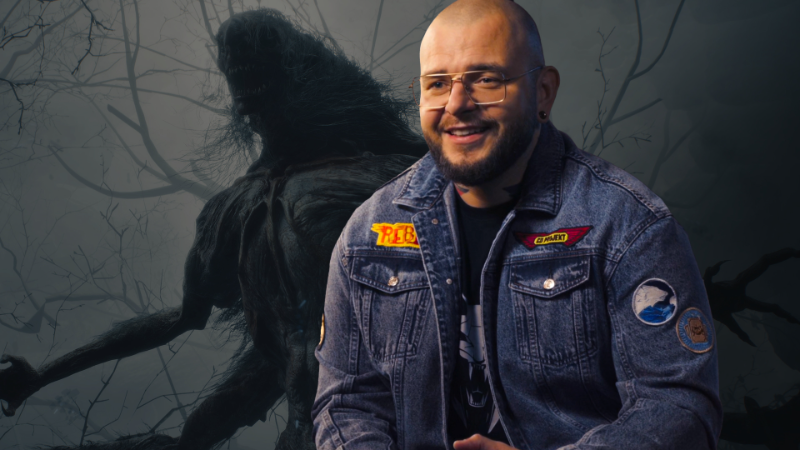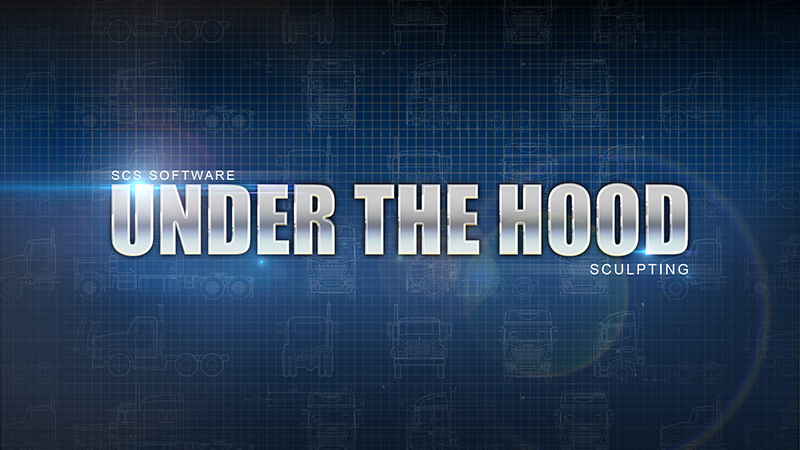
Late final yr, tier two skilled Overwatch group Second Wind introduced that they’d signed a feminine participant. The girl, who glided by the tag “Ellie” however stored a lot of her identification personal, was lined as much as be one among only a few to play in Overwatch Contenders.
Though many had been excited to see some selection within the male-dominated scene, Ellie was instantly subjected to harassment, together with doxxing threats. Before taking part in her first game this week, she selected to step down.
Then Second Wind introduced that Ellie was “not who they claimed to be,” and all hell broke free.
Second Wind’s statement doesn’t go into particulars about Ellie’s identification, however others’ claims level to 2 major suspects, possible working collectively: ex-Second Wind participant Colin “Coluge” Arai (who was dropped for poor behaviour and boosting), and a high unsigned participant identified in-game as Punisher.
Arai tweeted claiming “I’m Ellie…it was me the whole time,” and likewise shared screenshots of Punisher speaking about an account that he does “the girl voice on.”
A streamer who goes by Aspen also said that Punisher had confessed to her, and esports advisor Rod “Slasher” Breslau posted further screenshots by which Punisher apparently discusses his “egirl smurf [account] for ellie.” According to Breslau, the 17-year-old woman who voiced Ellie additionally confessed to teammates that she hadn’t been the one taking part in, solely talking.
“The whole situation was meant to be, in a way, like a social experiment,” Aspen mentioned. For his half, Arai claimed: “I just wanted people to stop thinking Coluge was toxic or Coluge is washed up.”
In the top, although, who Ellie was and what their motivations had been are secondary to the damaging impact that they’ve had on ladies within the esports trade.

Those who instantly disbelieved Ellie usually claimed that it had nothing to do with gender, and but these similar sorts of accusations all the time appears to return up for high feminine gamers, no matter their veracity. The Overwatch League’s solely feminine participant, Kim “Geguri” Seyeon, was forced to prove that she wasn’t dishonest after receiving harassment for her efficiency, together with one other professional participant threatening: “I may visit Geguri’s house with a knife in hand. I am not joking.”
And in 2015, a Hearthstone participant generally known as Lee “MagicAmy” Hyerim was the centre of an extremely related story to this one. As reported by Kotaku at the time, execs and followers alike believed Lee was merely a entrance for somebody – a person, naturally – who was actually taking part in the games. Lee was cleared of suspicion by her group, Tempo Storm, who wrote: “We believe that MagicAmy is one person and that Hyerim Lee is indeed who she claims to be. This is based on multiple eyewitness and firsthand testimonies claiming that they interacted with her individually… The personal information she has given us, combined with her employment records with Lunarch Studios, relationships with players, and the fact that she has met people face-to-face is enough to confirm her identity.”
It’s not arduous to see how the present state of affairs can be used as but extra ammunition to doubt ladies who attempt to go professional in future.

If “Ellie” actually was a social experiment, it was a poor one. If designed to indicate what ladies expertise, truly listening to ladies has the identical impact with out setting us again. And if designed to indicate that ladies get simply picked up by groups, maybe take a look at the response to see what systemic boundaries truly exist.
For instance, after Ellie was signed, it reignited a dialogue amongst high feminine Overwatch gamers, who shared experiences of male friends quitting or throwing their games merely because of the presence of ladies. It’s on no account a brand new dialog, but it surely did trigger some male professionals, just like the Houston Outlaw’s basic supervisor, Matt “Flame” Rodriguez, to select up on these points for the primary time. He wrote: “I’m realising the female player base might have significantly higher [skill rating] if they didn’t have to deal with morons throwing their games for existing.”
The Outlaws, notably, had been one of many groups that when used one other barrier to entry, single-gender group homes, to explain why they couldn’t choose up Geguri. This is an excuse that’s additionally been used to bar other women, like Molly “Avalla” Kim.
Second Wind itself has had gamers tweet sexist statements, like group captain Robert “HaKu” Blohm, who said “females should not be in my [top ranked] games.” He later apologised and said that it was solely mentioned “out of a fit of rage.”

Second Wind’s official assertion additionally suggests quite a lot of mismanagement round this example. As nicely as leaving many questions unanswered about how this type of deception might happen in an official league, they write “we underestimated how important it would be to set an example as the first team to take on a female player for Contenders.” Though they had been incorrect – there have been a number of feminine gamers in Contenders already – mixed with an earlier statement calling the response to her “unforeseen,” it demonstrates a severe lack of foresight regardless of the predictability of her harassment.
Moreover, group proprietor Justin Hughes initially positioned equal blame for Ellie stepping down on ladies who had been excited to see illustration, tweeting: “When we brought her onto the team, people acted like we had brought on a symbol of empowerment. I get that people meant well, but on one side, we had people questioning her legitimacy, issuing threats, etc. while on the other hand, we had people acting like they had found their Messiah.”
Navigating an appreciation for girls and different marginalised gamers may be difficult – I’ve written about it at length – but it surely’s disingenuous to say that it creates the identical stress as doxxing threats. And now, in fact, there’s the query of who truly equated these two issues, as a result of Ellie was not a girl underneath stress for her gender. Was it Hughes, Arai, Punisher, or another man who selected in charge ladies equally?
Neither is Second Wind the one a part of the professional neighborhood whose reactions have been disappointing. Many made gentle of the state of affairs or fell again on outdated arguments about esports being a meritocracy. “There are no gender limitations in esports, if someone is good they get picked up,” tweeted (at the moment unsigned) World Cup participant Jørgen “Decod” Myrlund, apparently someway lacking actually the whole lot this example has proved about gender limitations in esports.
But Team UK and Paris Eternal participant Harrison “Kruise” Pond summarised well: “Even if it was a social experiment…it did more harm than good.” I’ve little doubt that extra data will come out of this example, however the adverse impression it’s had is already nicely established.


